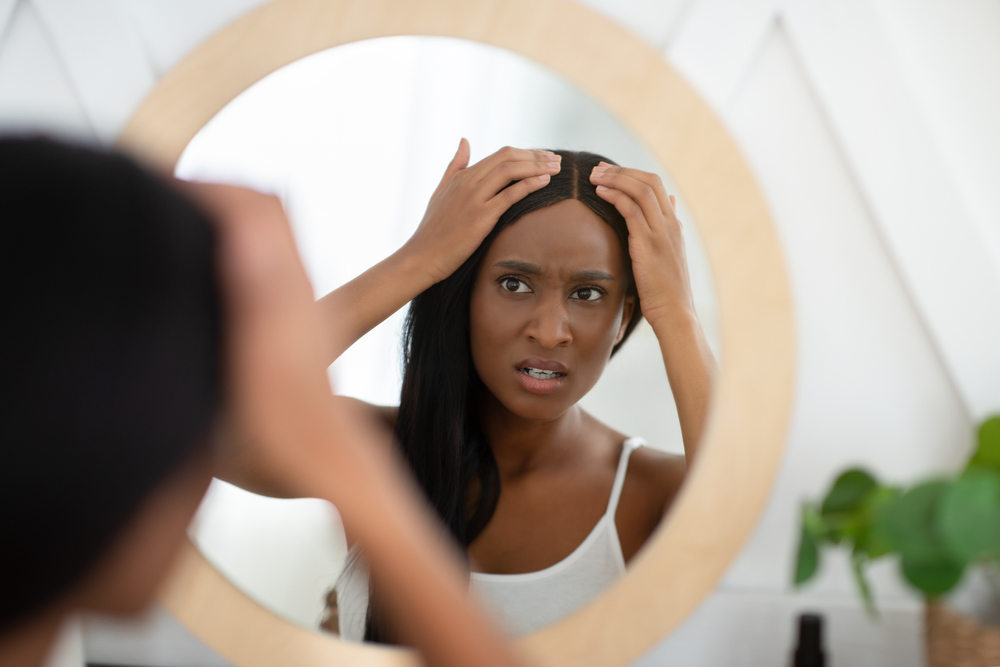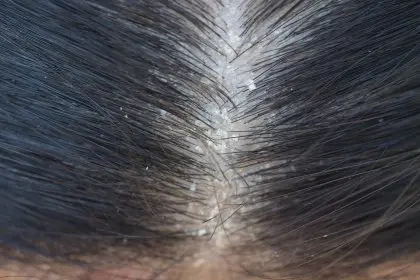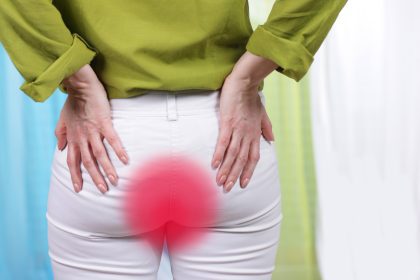Hair loss can be a distressing experience for anyone, but for women, it often carries an additional emotional burden. Understanding the causes behind hair loss is the first step toward finding effective solutions. Here are five common reasons why women experience hair loss and what can be done about it.
1. Hormonal changes
Hormonal fluctuations are one of the leading causes of hair loss in women. This can happen due to various life stages and conditions, including pregnancy, childbirth, menopause, and conditions like polycystic ovary syndrome (PCOS).
- Pregnancy and postpartum hair loss: During pregnancy, high levels of estrogen prolong the growth phase of hair. However, after childbirth, estrogen levels drop, causing hair to enter the shedding phase. This condition, known as telogen effluvium, is usually temporary.
- Menopause: During menopause, a decrease in estrogen and progesterone can lead to hair thinning. This is often coupled with an increase in androgens, which can shrink hair follicles and result in hair loss.
- PCOS: Women with PCOS have higher levels of androgens, which can cause hair thinning on the scalp and more hair growth on other parts of the body.
2. Nutritional deficiencies
A balanced diet is crucial for healthy hair. Deficiencies in essential nutrients can lead to hair loss.
- Iron deficiency: Iron is vital for producing hair cell protein. When iron levels are low, hair growth can be affected. This is particularly common in women due to menstruation.
- Protein deficiency: Hair is primarily made up of protein. Insufficient protein intake can cause hair to become weak and brittle, leading to hair loss.
- Vitamins and minerals: Vitamins like A, C, D, E, and minerals like zinc and selenium play critical roles in maintaining hair health. Deficiencies can disrupt the hair growth cycle.
3. Stress
Stress can significantly impact hair health. Physical or emotional stress can trigger hair loss, often through a condition known as telogen effluvium.
- Telogen effluvium: This condition pushes a large number of hair follicles into the resting phase, leading to increased hair shedding. This type of hair loss is usually temporary and can be reversed once the stress is managed.
- Alopecia areata: Severe stress can also trigger alopecia areata, an autoimmune condition where the body’s immune system attacks hair follicles, leading to hair loss in patches.
4. Medical conditions
Several medical conditions can contribute to hair loss in women. Some of the most common include:
- Thyroid disorders: Both hypothyroidism and hyperthyroidism can cause hair loss. The thyroid gland regulates hormones that play a significant role in hair growth.
- Scalp infections: Conditions like ringworm can infect the scalp and lead to hair loss. These infections often cause red, scaly patches and require medical treatment.
- Autoimmune diseases: Diseases such as lupus and alopecia areata can cause hair loss. In these conditions, the immune system mistakenly attacks healthy hair follicles.
5. Hairstyles and treatments
The way women style and treat their hair can also lead to hair loss. Certain practices and products can damage hair follicles and lead to traction alopecia.
- Tight hairstyles: Hairstyles that pull tightly on the scalp, such as ponytails, braids, and extensions, can cause traction alopecia. This type of hair loss occurs when the hair is pulled so tightly that it damages the hair follicle.
- Chemical treatments: Frequent use of chemical treatments like dyes, relaxers, and perms can weaken the hair shaft and lead to breakage and hair loss.
- Heat styling: Excessive use of heat styling tools like blow dryers, curling irons, and flat irons can cause hair damage and lead to hair loss.
Conclusion
Understanding the reasons behind hair loss in women is crucial for seeking appropriate treatment and care. Hormonal changes, nutritional deficiencies, stress, medical conditions, and certain hairstyles and treatments are common culprits. Addressing these underlying causes can help mitigate hair loss and promote healthier hair growth. If you’re experiencing significant hair loss, it’s essential to consult with a healthcare provider to determine the best course of action. Remember, hair loss can often be a sign of an underlying health issue that needs attention. With the right approach and care, many women can manage and even reverse hair loss, regaining not just their hair but also their confidence.
This story was created using AI technology.















